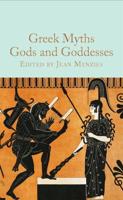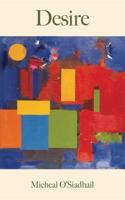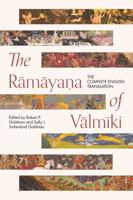Publisher's Synopsis
Judah Halevi (ca 1085-1141), the best-known and most beloved of premodern Hebrew poets, abandoned his home and family in Spain and spent the last year of his life traveling to the Land of Israel, where he hoped to die amid its sacred ruins. The events of his journey and its meaning to him are preserved in recently discovered letters of the age and in his ever-popular poetry. The Song of the Distant Dove tells the story of Halevis journey through selections from the documents, some never before available in English, and explores its meaning through discussions of his stirring poetry, presented in new verse translations with full commentary. In the course of the discussion, we meet Halevis circle of Jewish businessmen and intellectuals in Islamic Spain and Egypt, examine their way of life, and learn about their place in Arabic and Islamic culture, then at its height. We learn that Halevi was partially motivated by a desire to repudiate his contemporaries hybrid Judeo-Arabic culture and return to a purely Jewish way of life; yet the echoes of the Islamic religious sensibility in his poetry show that he could not escape it completely. And while the precarious situation of the Jews as a tolerated minority in the Islamic world weighed heavily on him, the poetry shows that he was motivated not so much by national sentiment as by his own distinctive inner life. Touching on literature, religion, and history, this book provides a thorough introduction to Judeo-Arabic culture as well as a close look at a commanding personality of the agea doctor, theologian, communal leader, and, above all, a poet and at one of the best-documented episodes in medieval Jewish religious history.










